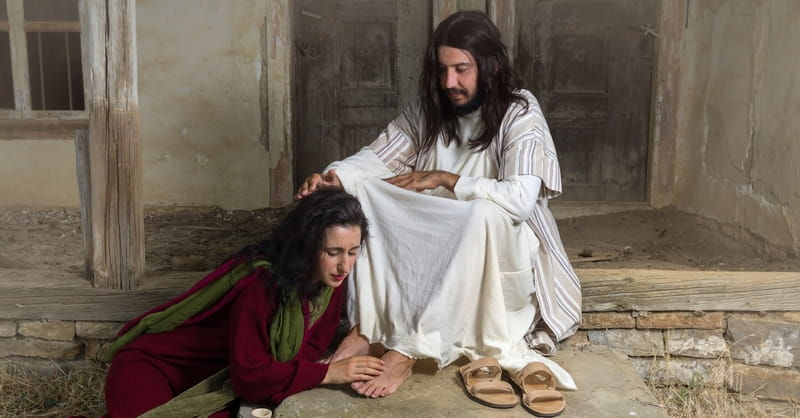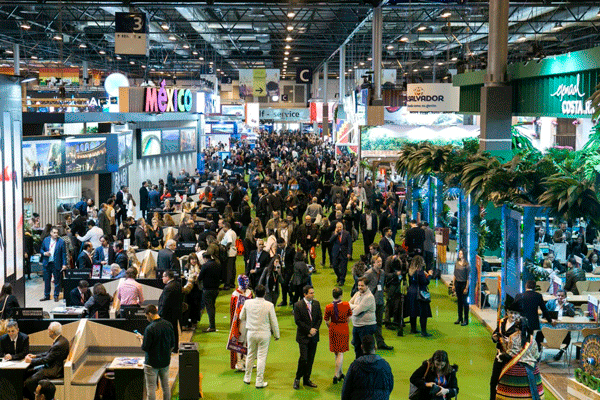El Salvador takes over CELAC presidency in 2017.
- 26 ene 2017
- 2 Min. de lectura

El Salvador will assume the temporary presidency of CELAC in 2017, Dominican Foreign Minister Miguel Vargas announced Tuesday at the start of a foreign ministers' meeting of that organization.Vargas said that by accepting the temporary presidency, El Salvador shows its full commitment to the Community of
Latin American and Caribbean States, or CELAC, and its interest in continuing "the joint effort undertaken to strengthen our unity as a regional bloc."
The Dominican foreign minister expressed his thanks for "the collaboration and solidarity to achieve that goal, which occupied much of the Dominican Republic's temporary presidency, but which, as fraternal countries, as members of the same community of nations, we have shown once more that we can rise to the occasion and successfully overcome the obstacles and challenges before us."
For his part, Salvadoran Foreign Minister Hugo Martinez expressed thanks for the honor bestowed on his country and noted that the strengthening of this bloc is giving it "the ability to have a positive effect on matters that not only affect us as a region, but also affect the whole world."
Bolivia had also hoped to exercise the CELAC presidency in 2017.
At a press conference on Oct. 18, Bolivian President Evo Morales said that Chile had blocked those aspirations out of fear that Bolivia would bring up its demand for maritime access at this year's meeting of CELAC with the European Union.
He added that Bolivia avoided taking an inflexible stand so as not to affect CELAC's integration process, and also hailed the fact that countries of the Latin American/Caribbean bloc have decided that the Andean nation will exercise the presidency of that organization in 2019.
He also considered it "imperative" that CELAC "continue to make progress and position itself among the principal international forums," and in particular that it strengthen its "south-south" cooperation.
The CELAC foreign ministers met Tuesday in Santo Domingo, hours before meeting with the foreign ministers of the European Union.
Attending the meeting were the foreign ministers of Panama, Argentina, Chile, Colombia, Ecuador, Guatemala, Bolivia, El Salvador, Costa Rica, Honduras, Paraguay, Haiti, Ecuador, Belize, Antigua and Barbuda, Dominica, Bahamas, Barbados, Jamaica, and Saint Kitts and Nevis.
Representing the European Union at the later meeting will be the foreign ministers of Portugal, Latvia, Poland, Belgium, Slovakia, Luxembourg and Hungary.
Spain will be represented by the secretary of state for the EU, Fernando Eguidazu.
Pablo Marin- International
Executive Director / The Mariana DAngelo Editorial Group


























































































































.jpg)


























































































































Comentarios